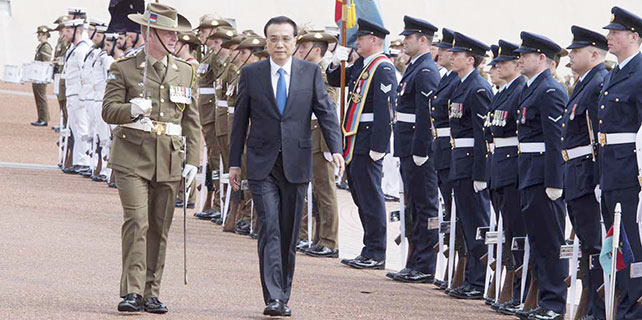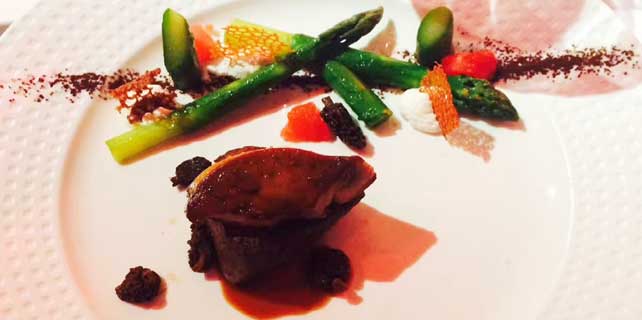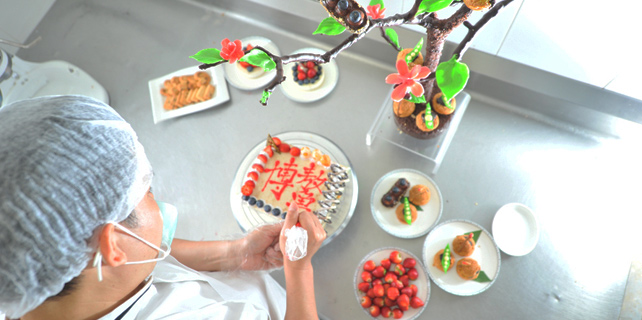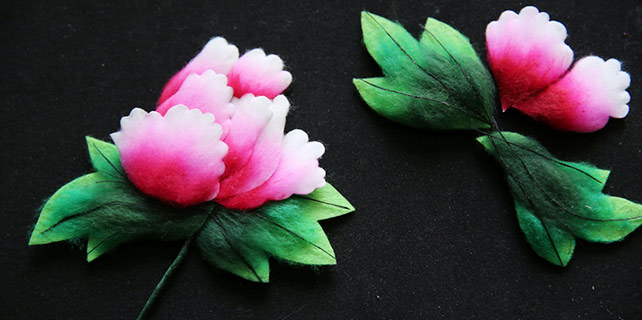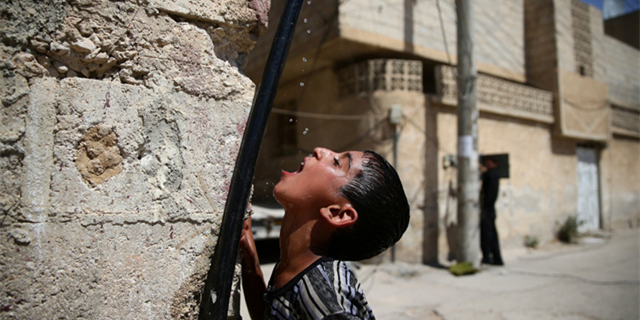China warming to 'roarin' game'
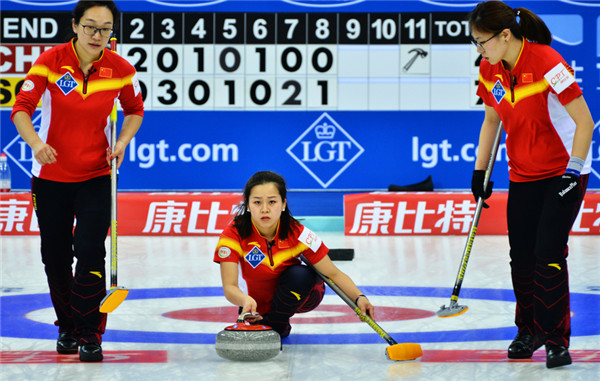 |
|
Chinese curling team is seen in the match against Scotland during the World Women's Curling Championship in Beijing on March 22, 2017. [Photo/VCG] |
'Chess on ice' requires brains as well as brawn
Although not nearly as physical as other winter sports like hockey or speed skating, curling has a unique charm that attracts millions of people in Northern Europe and North America - especially Canada.
With this week's World Women's Curling Championship drawing big crowds in Beijing, the ancient game, invented in Scotland, has found a new following in China.
Curling is often referred to as the "roarin' game", with the "roar" coming from the sound of the granite stones sliding on the ice. In celebration of its origins, one of the highlights at major competitions is bagpipers dressed in traditional Scottish garb, leading the teams onto the rink.
The two pipers at the Beijing event are Chinese. They said that because playing the bagpipes requires huge lung capacity, it's quite difficult - and there are very few people in China who can handle it.
Another unique aspect of curling is that the best stones are made of granite with no mica content, hauled from a small island near the coast of Scotland. While Canada might produce the world's best curlers, it is said that only Scotland can produce the best stones.
Other equipment includes brooms or brushes, used by players to sweep the ice in front of a sliding stone, and specially made shoes and gloves.
During competition, it's normal to hear the four-member teams loudly exhorting each other to "hurry hard" or "pour it on".
Compared to other winter sports, curling ice requires a special texture and must meet some very strict standards, including a maximum temperature of minus-6 C. But the professional standards are for formal competition and can be overlooked when playing just for fun.
While curling is often called "chess on ice" because success requires players to think three and four shots ahead, World Curling Federation president Kate Caithness maintains the sport is more physical than mental.
"I think it is a very physical sport. When you come to the Olympic Games, there are 10 teams. You have nine round-robin matches, then advance to the semifinals and final, so you have to be very physically fit," said Caithness.
"But you also have to use your brain, which is why our sport is called 'chess on ice'. In terms of participation, it's a game for everyone - seniors, juniors, men, women all can play. My father is 87 years old and he still says it is a fascinating sport. Most of all, it's fun."
Canada unbeaten
Meanwhile, with wins over Sweden and the Czech Republic, Team Canada continued its unbeaten run and became the first team to qualify for the playoffs on Wednesday.
After nine matches of the round-robin phase, Canada has the only perfect record among the 12 teams.
Sweden remained second with seven wins after a hard-fought 6-5 victory over South Korea in the evening session.
Russia beat Denmark and the United States to rank third with six wins.
Host China was still looking for its form as it lost both matches on Wednesday. The 2009 world champion won only two of its nine matches.
Xinhua







